Here’s the thing about vampires – they’re always symbolic. Just of what may vary from story to story and legend to legend, but they’re always devices to explore the human psyche. Sex is a constant, and Call of the Night is no exception – it’s hard to find tales where the psychological role of the act of vampirism isn’t as a stand-in for intercourse (or at least lust). But the vampires themselves seem to have a lot of angles to them here. Perpetual children, social outcasts, sybarites – at various points in this story many symbolic identities have been suggested for them.
There is something vampires seemingly always are in Yofukashi no Uta – women. At least so far. Is there a deeper significance to that, or is this merely the circle that’s intersected with Kou’s? Vampires are the main thrust of this episode to be sure, but first Shirakawa-san has another run-in with Kou, and she remains very protective towards him – almost maternal, in fact. She makes quite a contrast to the women he interacts with later in the episode, who represent the diametrically opposite side of femininity. I have no idea of these scenes were placed the same way in the manga, but it felt as if the anime did that very much on purpose.
Kou has run-ins with no less than five more vamps in this episode, all apparently female (and they bring some hefty seiyuu prestige with them). First off is Kikyou Seri (Tomatsu Haruka), who Kou spots fending off the advances of a (seemingly) much older man. Seri looks like a high school girl but doesn’t talk like one, and she tells Kou of her own way of embracing the night – toying with guys and pretending she’s in love with them. Kou is proving to be quite maternal himself – all the girls he meets he worries about, and Seri is no exception. But she’s obviously a vampire, and she obviously has an ulterior motive – not to steal Kou from Nazuna, but to act as interference while her colleagues kidnap him.
The fight between Naz and Seri is a minor part of the episode but it’s great – Yofukashi certainly isn’t betraying any signs of its supposedly stressful production. Kou ends up taken to a rooftop where four more vampires are waiting for him. The “oldest” is Hirata Niko (Kitamura Eri) and if not the leader, she’s at least their spokeswoman. Two rather sultry ladies who appear to be in their twenties are Honda Kabura (Itou Shizuka) and Suzushiro Hatsuka (Waki Azumi) – who notably doesn’t “vamp” Kou like the others. The youngest by appearance is Kohotobe Midori (Oozora Naomi), who expresses a preference for virgins and openly tries to use her appearance as a means to get inside Kou’s guard.
This is a fascinating conversation, even as Seri and Naazuna are having another one in the vacant lot where Kou was abducted. Seri lets a lot of interesting and seemingly very important stuff slip, not least that vampires aren’t supposed to get close to anyone they don’t intend to turn – or drain dry and murder. It’s also made very clear that Nazuna is a social outcast among these vampires at least, because she doesn’t play any of their games and expresses no interest in creating offspring. That makes her dalliance with this human boy a puzzling one, and that’s the reason why he’s been brought here.
One inescapable takeaway from all this is that Naz was apparently telling the truth about the way vampires create offspring, which certainly comes as a surprise to me. Nazuna’s notoriety among her kind for not creating offspring and indeed, for eschewing their romantic conquests is interesting. What’s unclear to me is just how she was getting by before she met Kou. If vampirism in this mythology is “turn or kill” and she wasn’t turning anyone, was she killing them? Or just having casual encounters and going on her way? If the latter it’s interesting that her cohorts seem less upset about that than her long-term relationship with Kou, because both seem equally in violation of the code they purport to live by.
Niko presents Kou with an ultimatum – choose one of them to fall in love with and turn, or be killed on the spot. They then proceed to try and seduce him, especially Niko and Midori, without any success. Despite his obvious discomfort at being the subject of a serious girl talk session, Kou actually copes with all of this pretty well. What they don’t understand – until he clarifies it – is that he wants to be turned. But only by Nazuna. Kou’s answer to Midori’s probing about his “type” was perfectly in-character – she’s not his type, because he doesn’t have a type. Whether that’s because he just hasn’t figured himself out yet or because he’s genuinely asexual as far as romance is concerned is as yet undetermined (and a very important question).
This appears to be enough for a truce between the two sides where Kou is concerned, but their reaction to the very last line of the episode – where he says he’s prepared to become a vampire “no matter how many years it takes” – clearly indicates that another shoe is about to drop. Whatever that is, Yofakushi no Uta remains a really fascinating and entertaining mess – so full of ideas that they don’t always neatly fit inside it, but that’s a good problem to have. It seems that even outcasts – be they vampires or human night crawlers – have social expectations, and for Kou it’s not proving so easy to escape them as he expected.


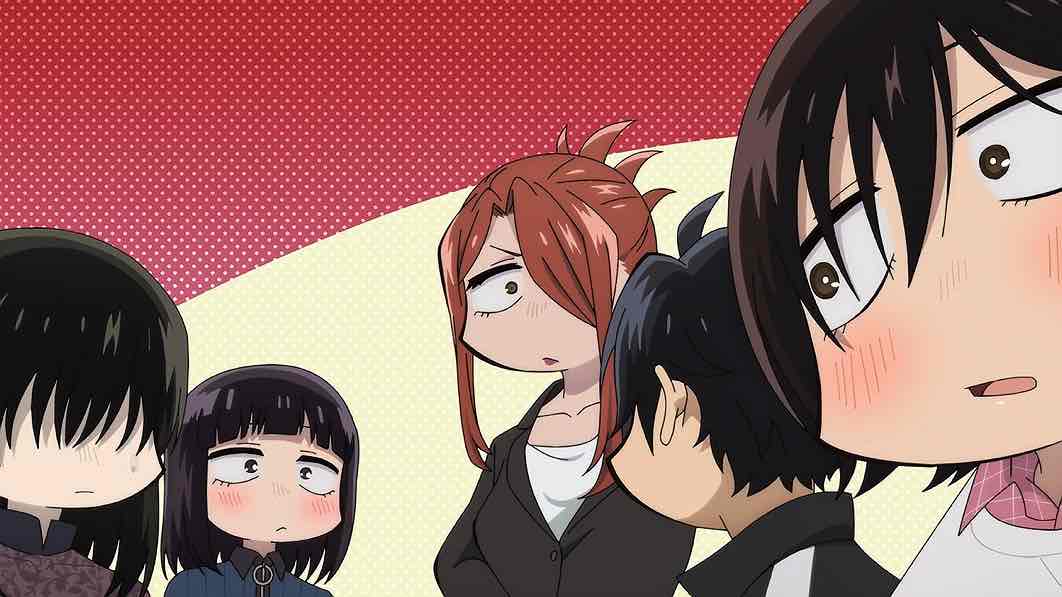
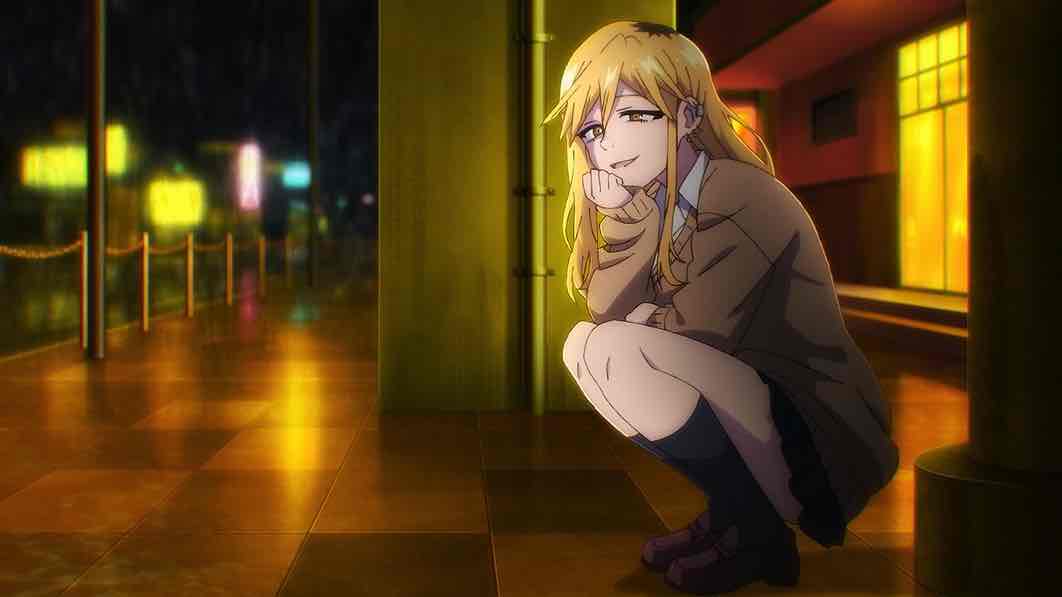
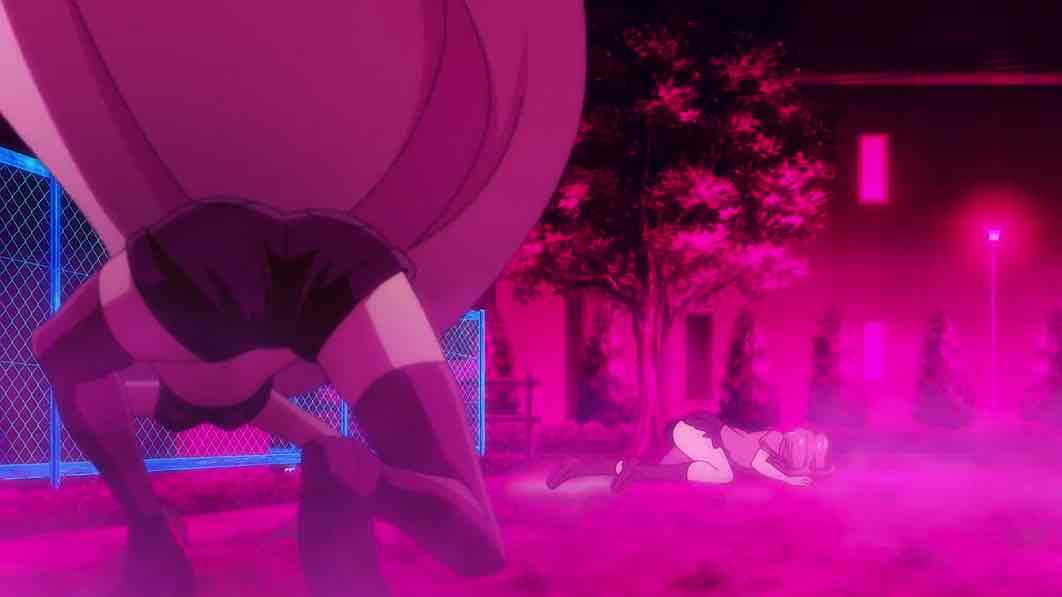
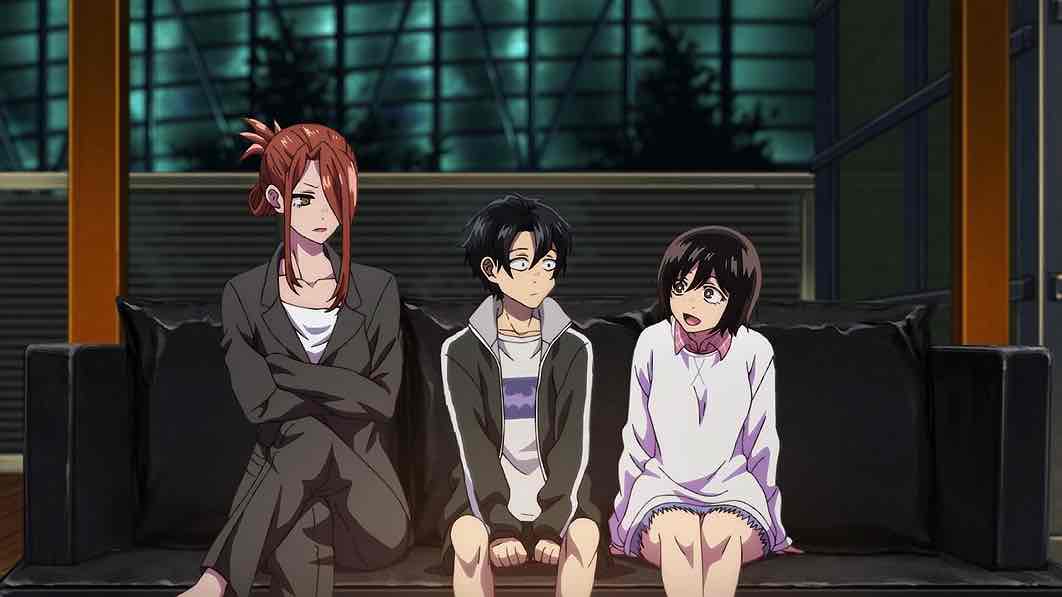
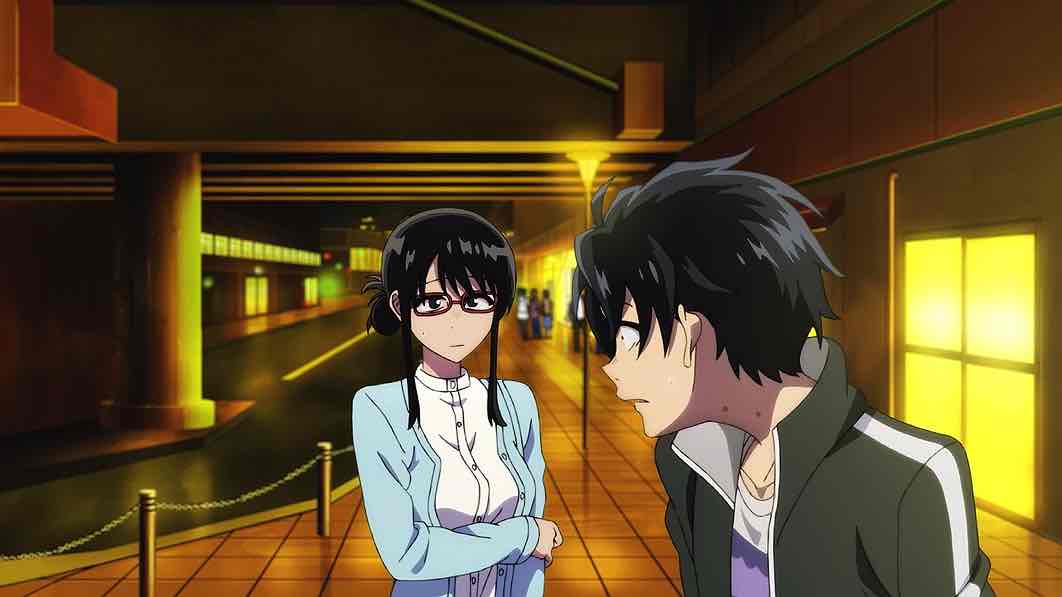
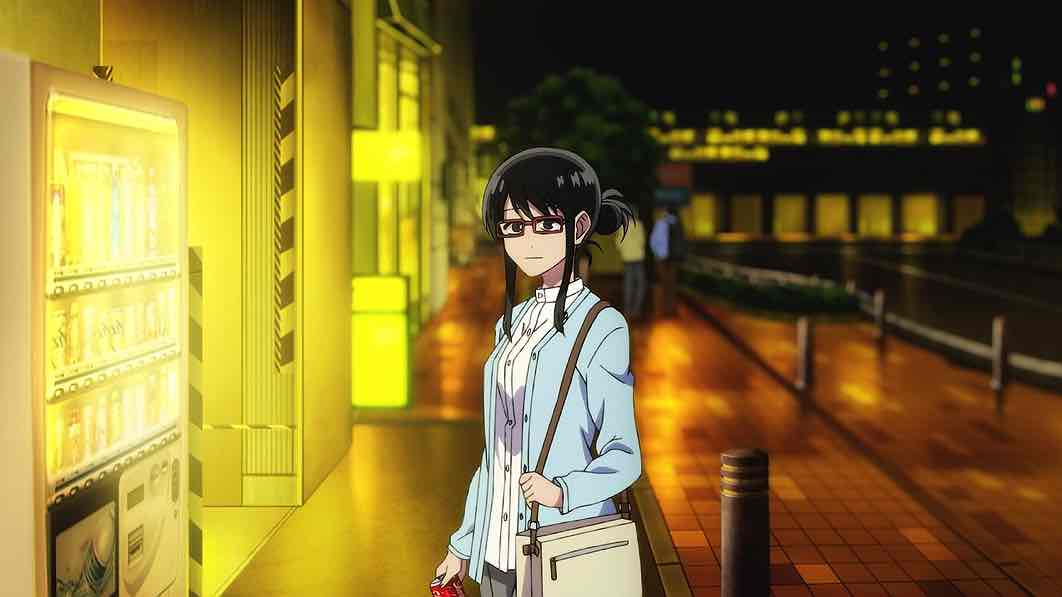
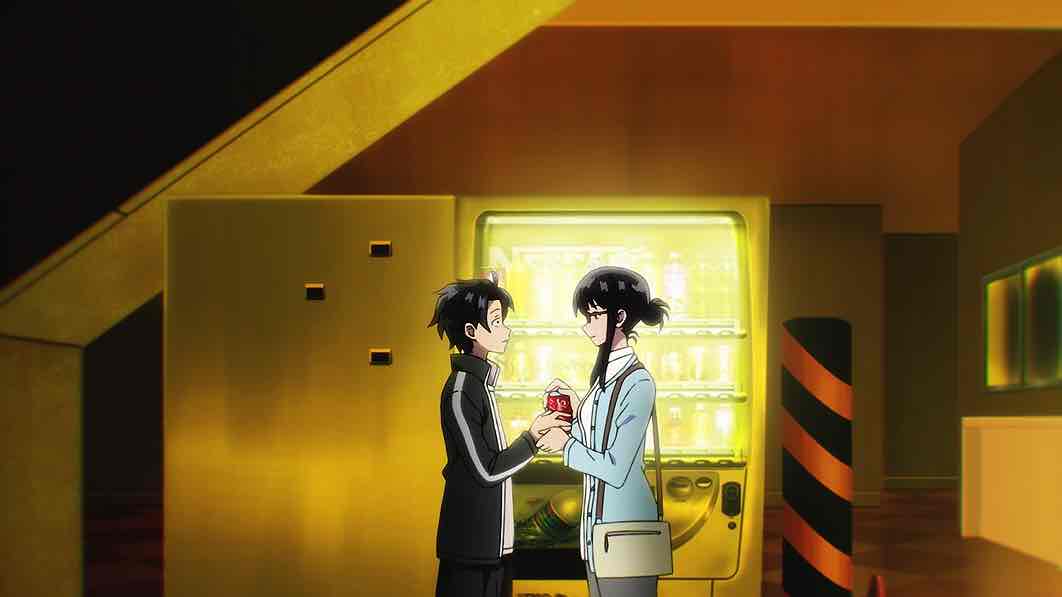
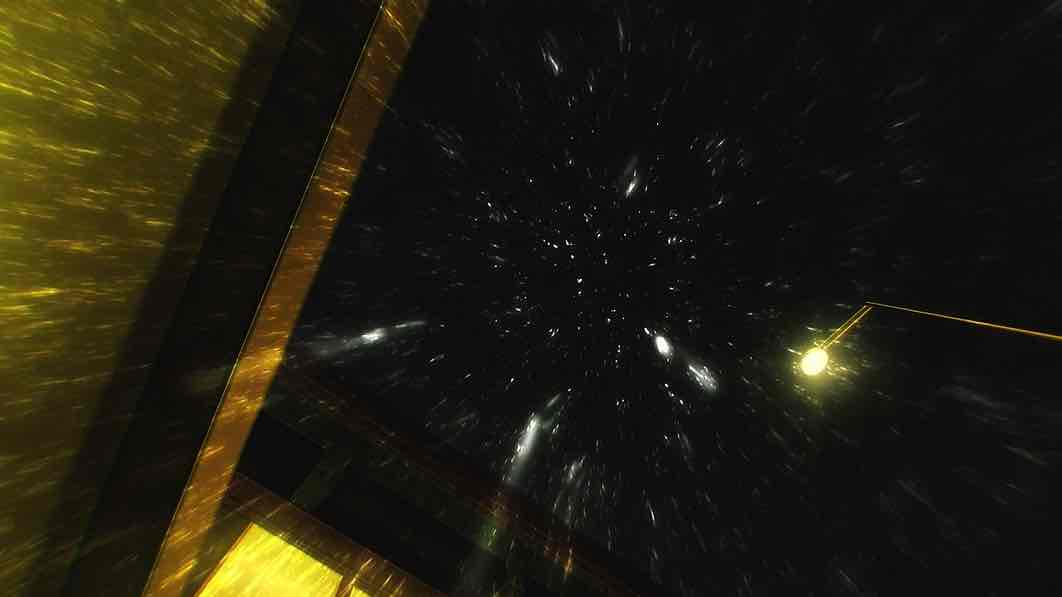
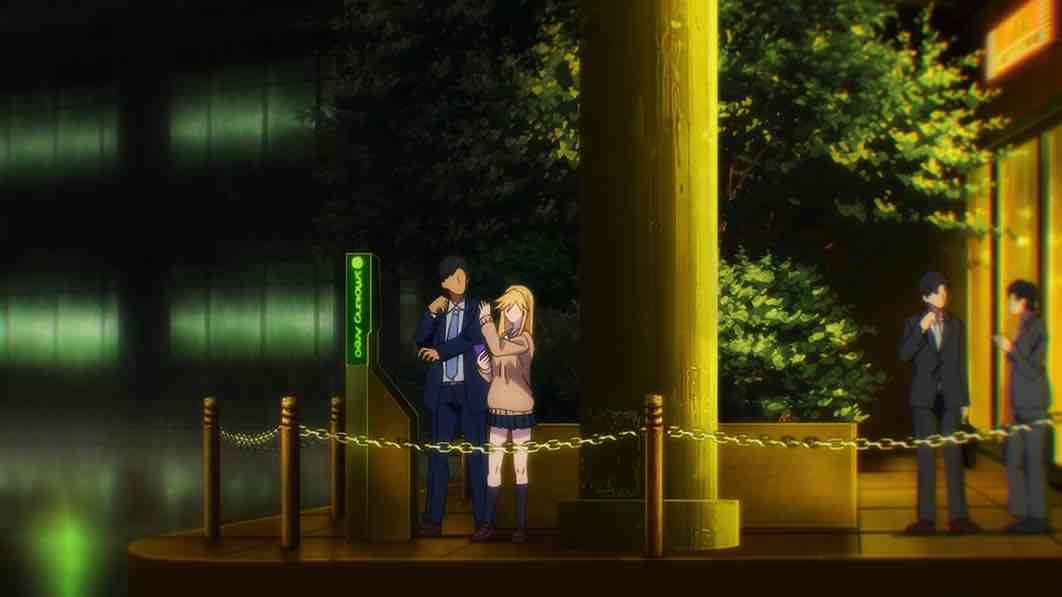



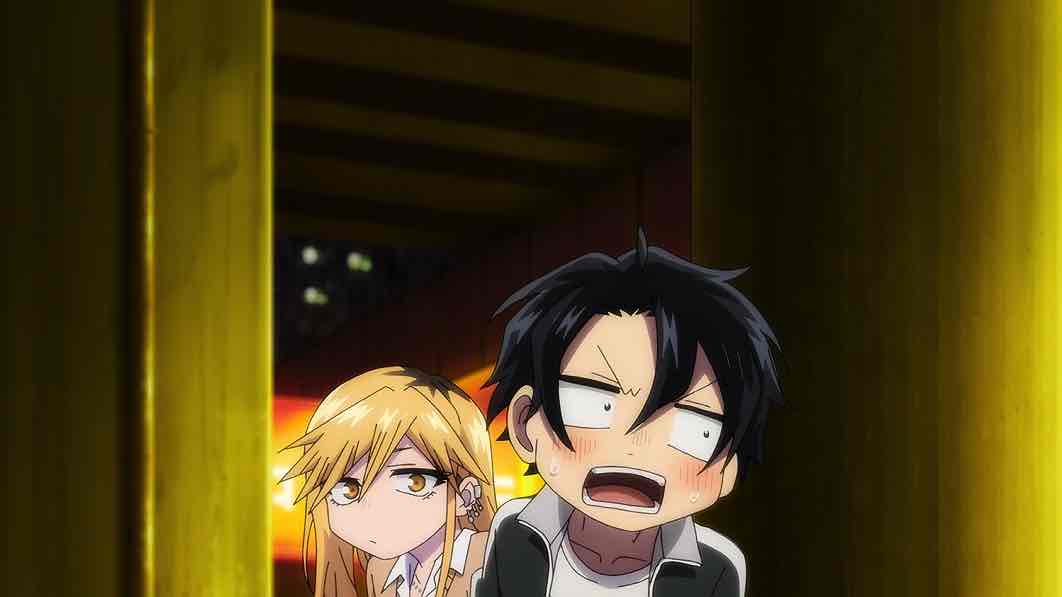
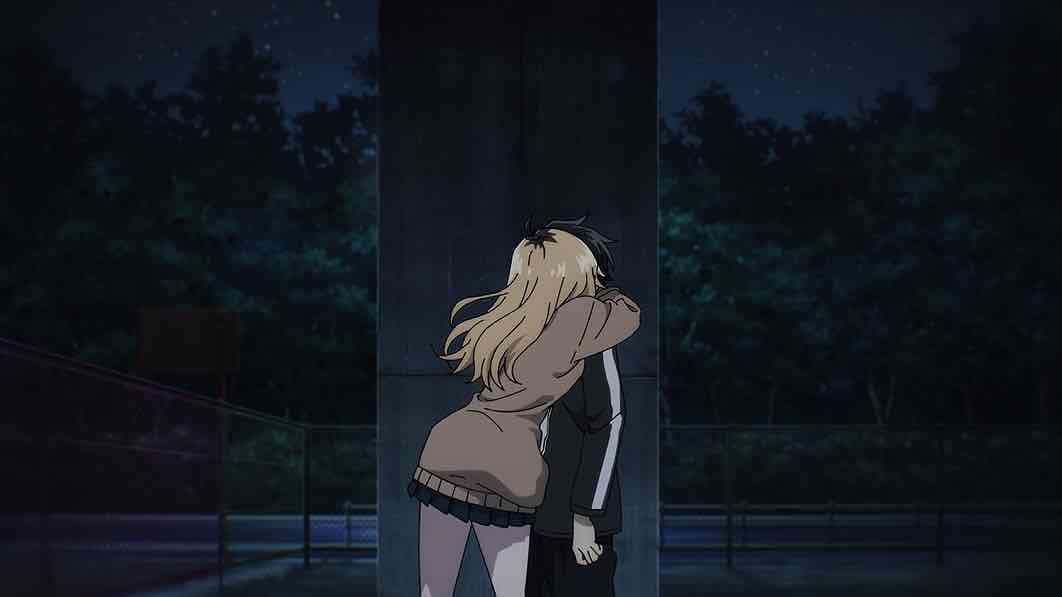
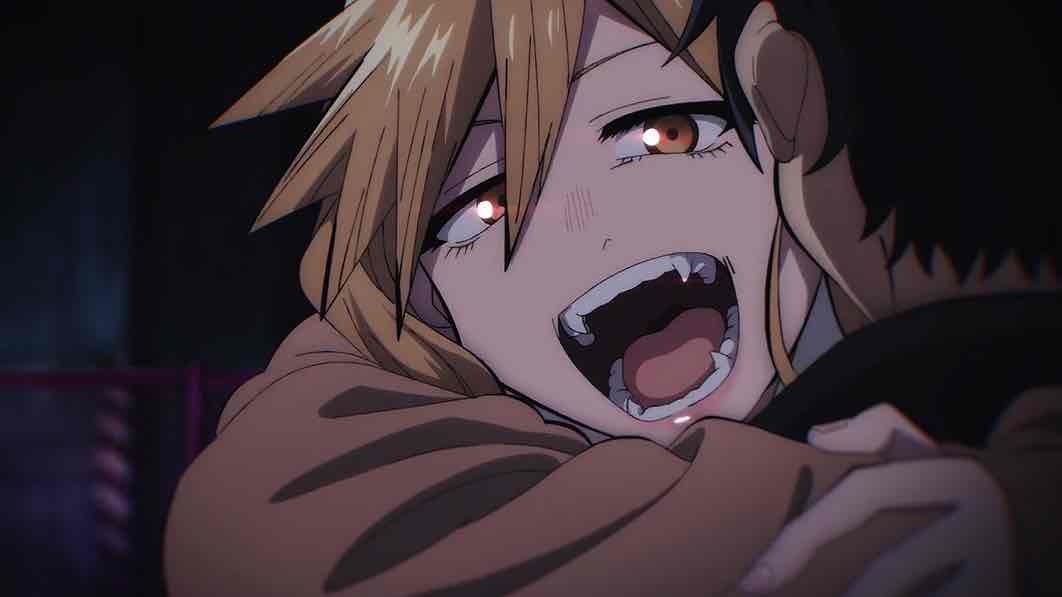
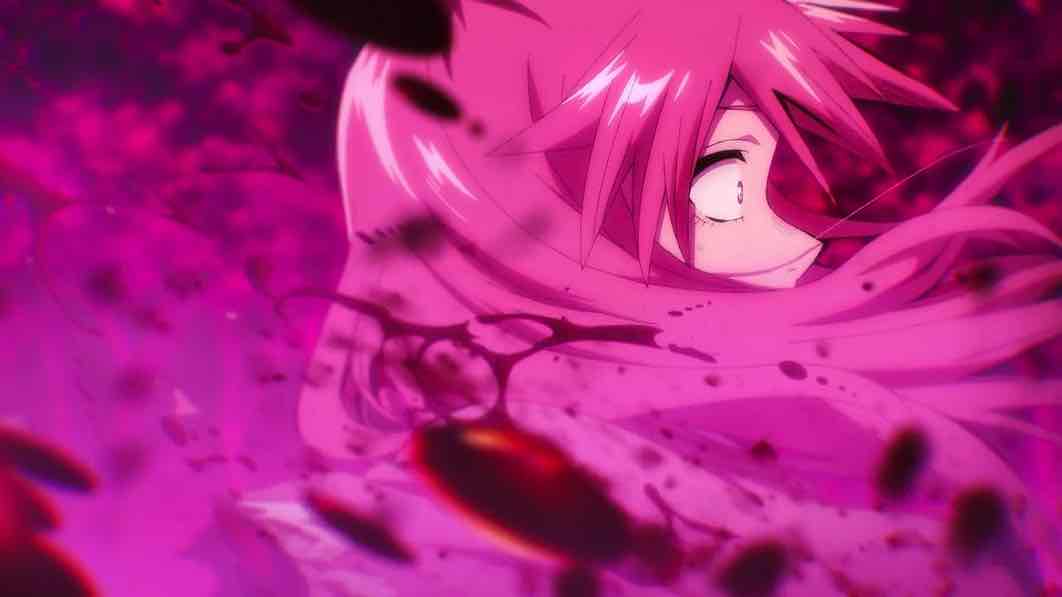
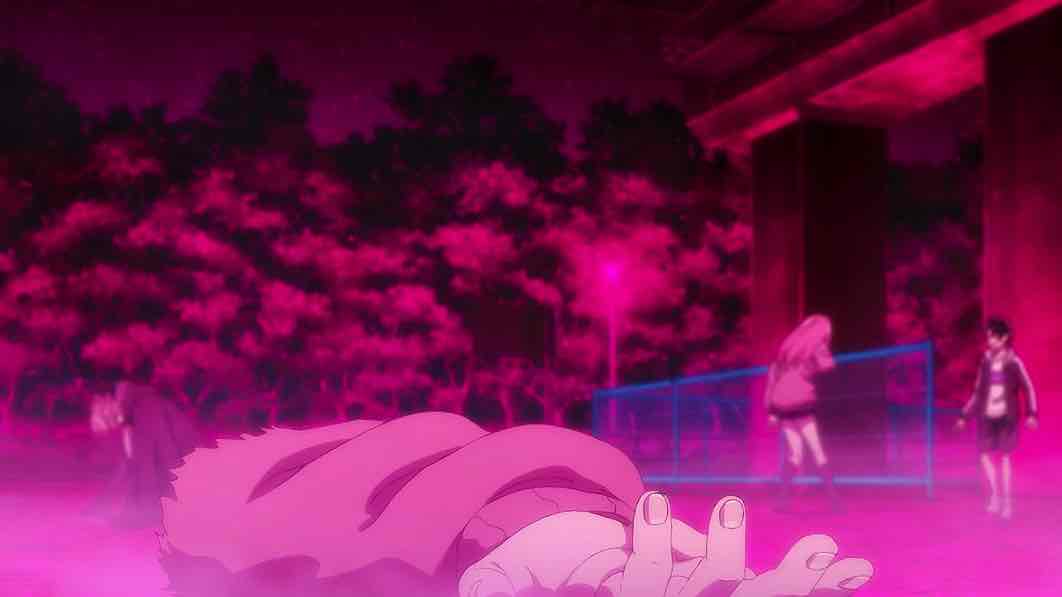
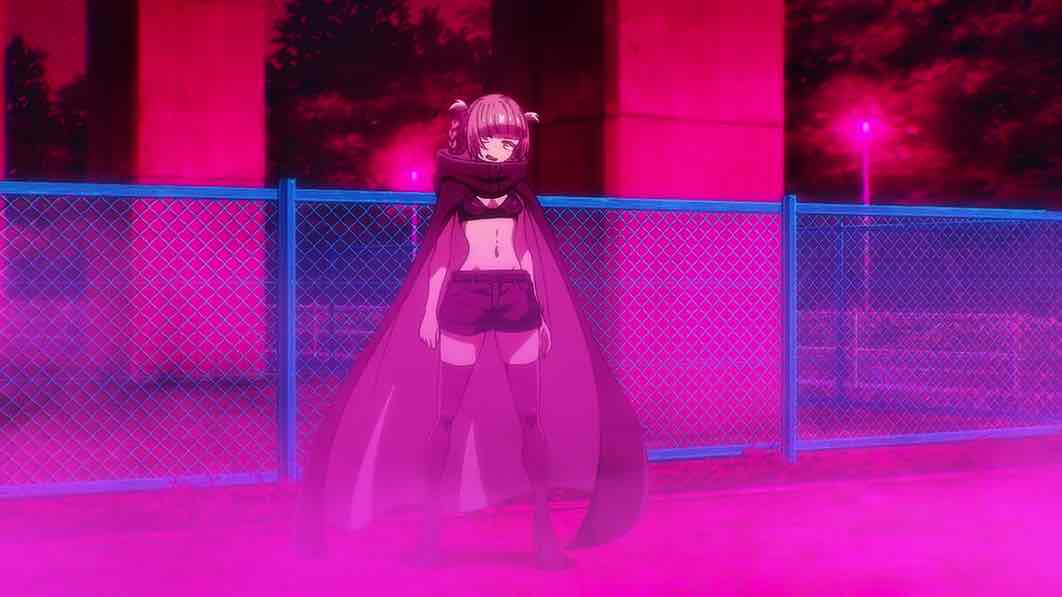
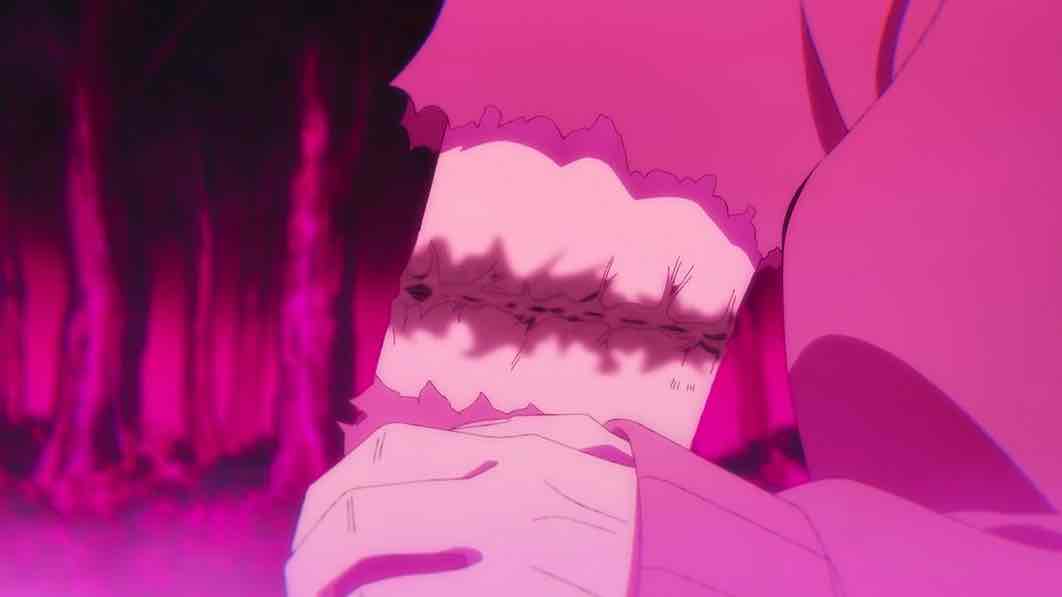
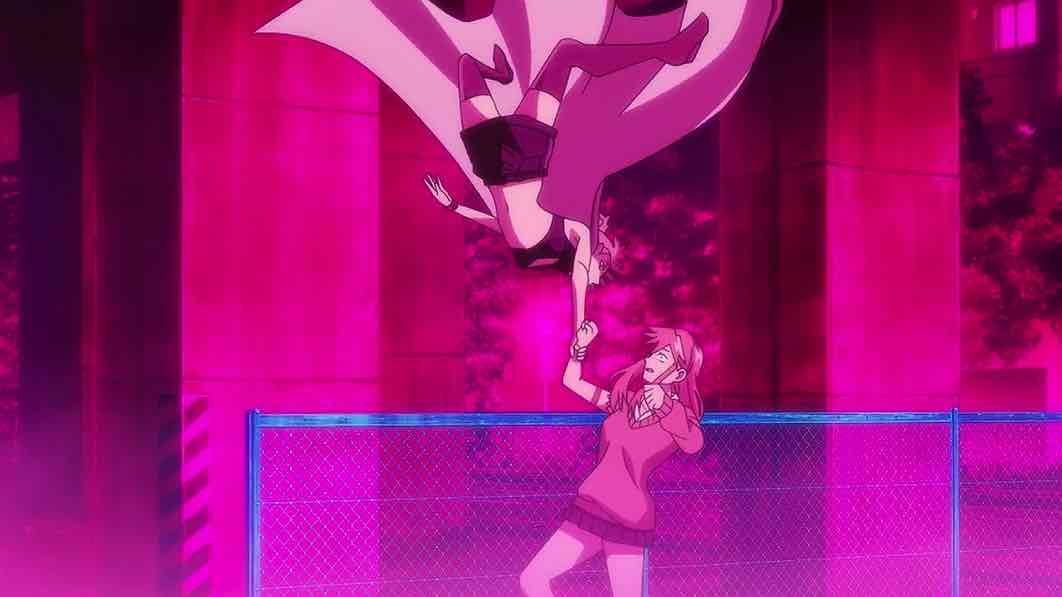
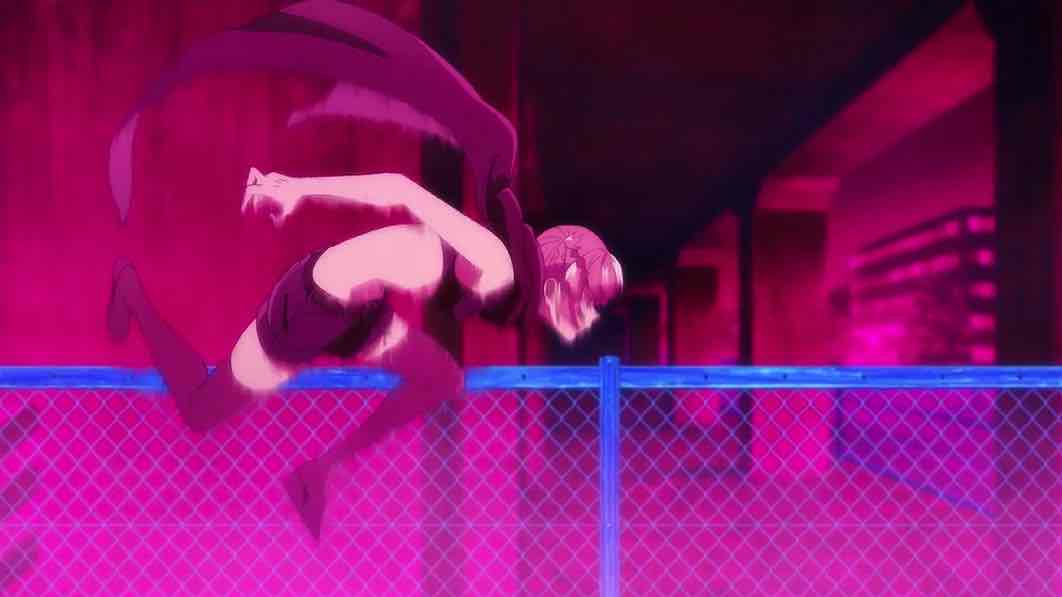
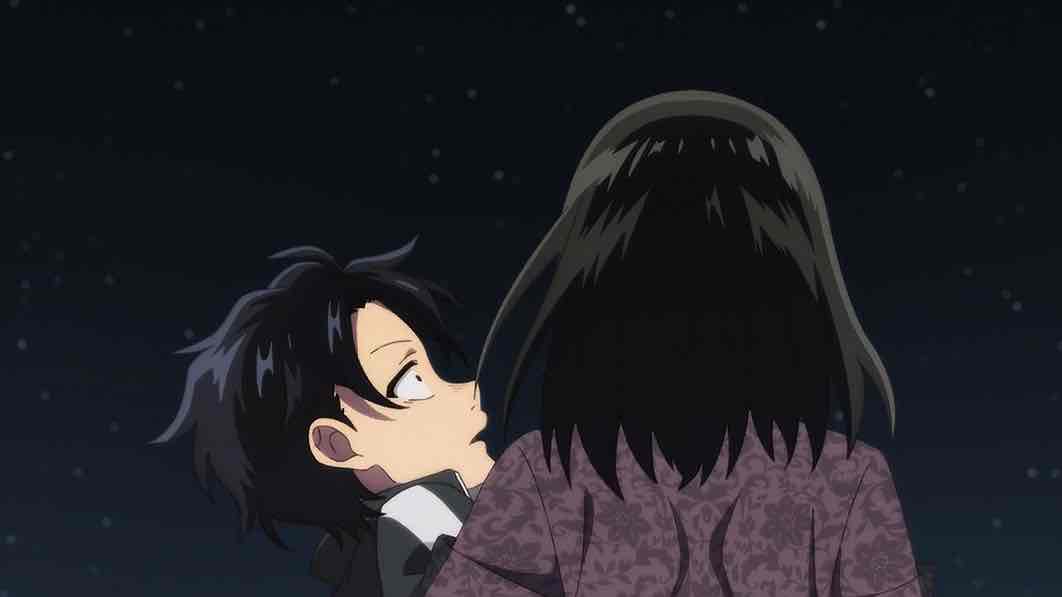

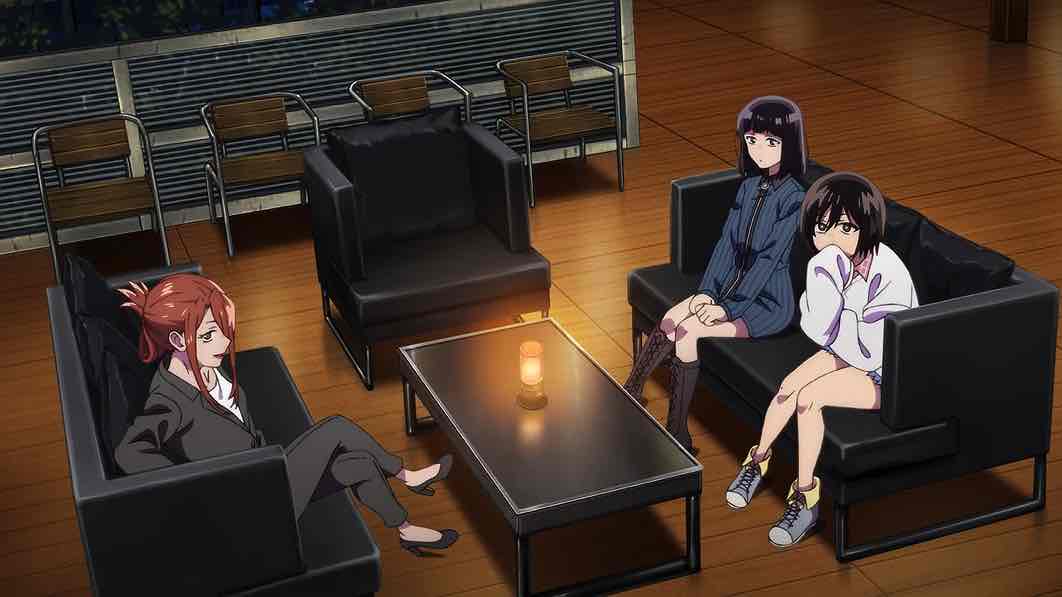

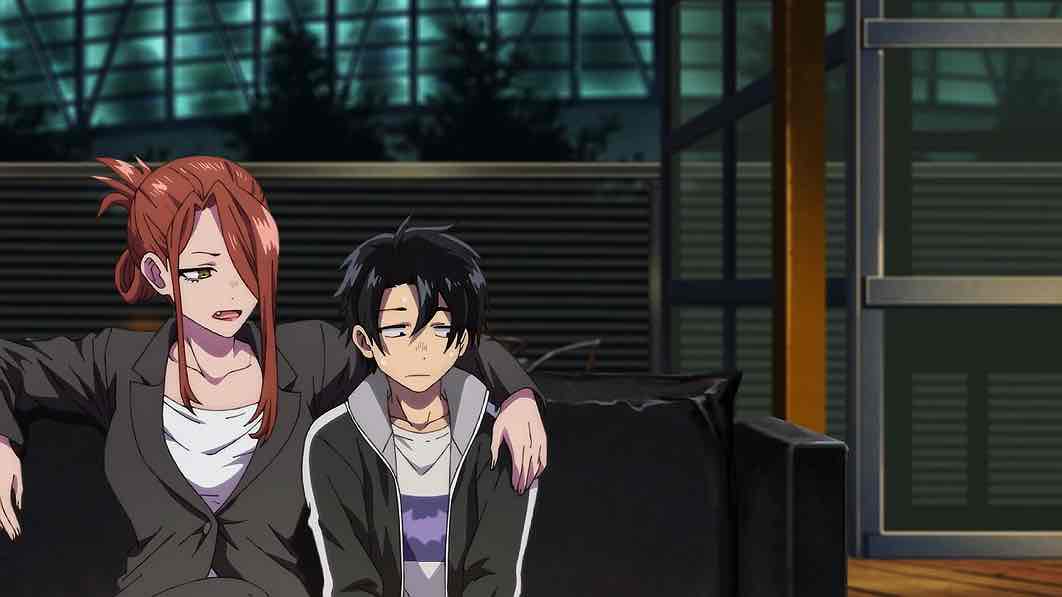
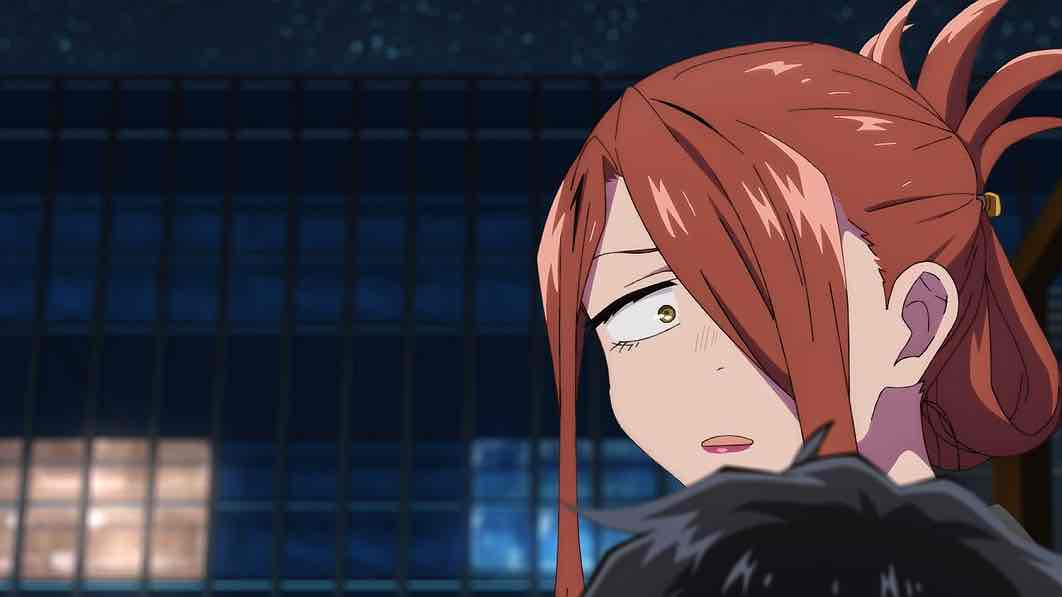
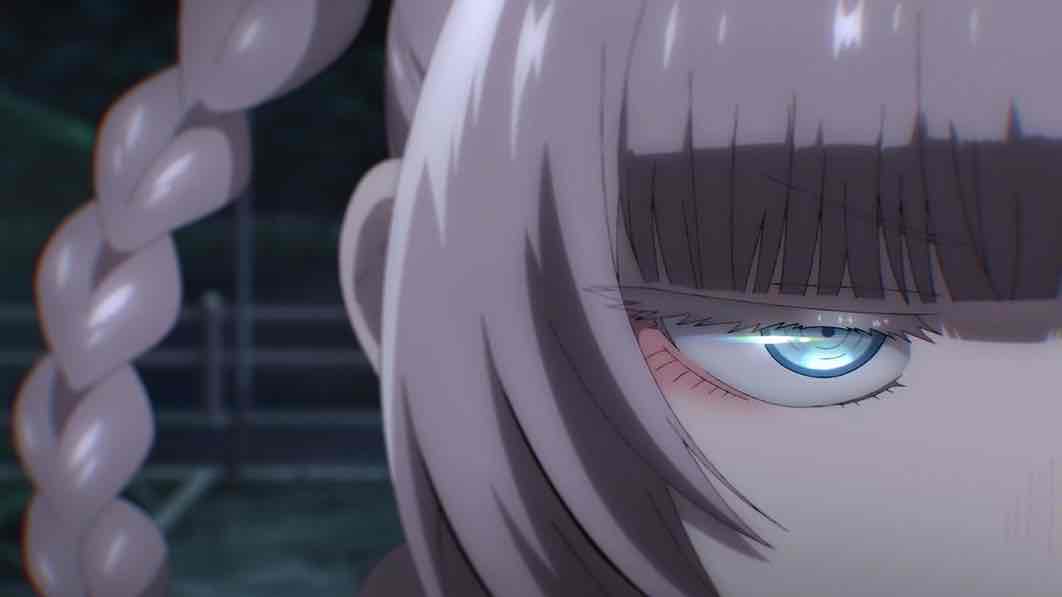
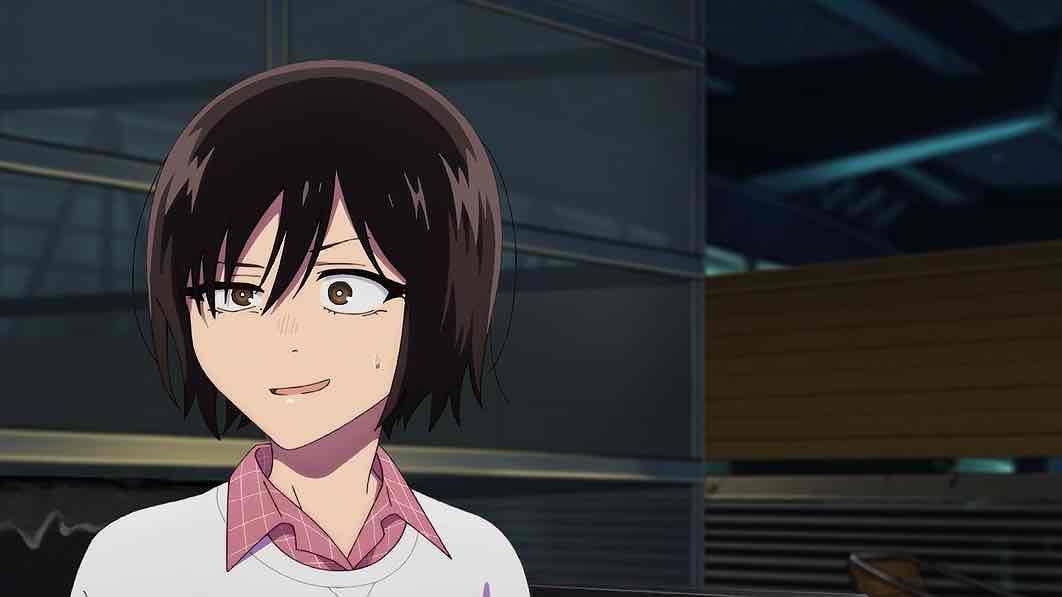


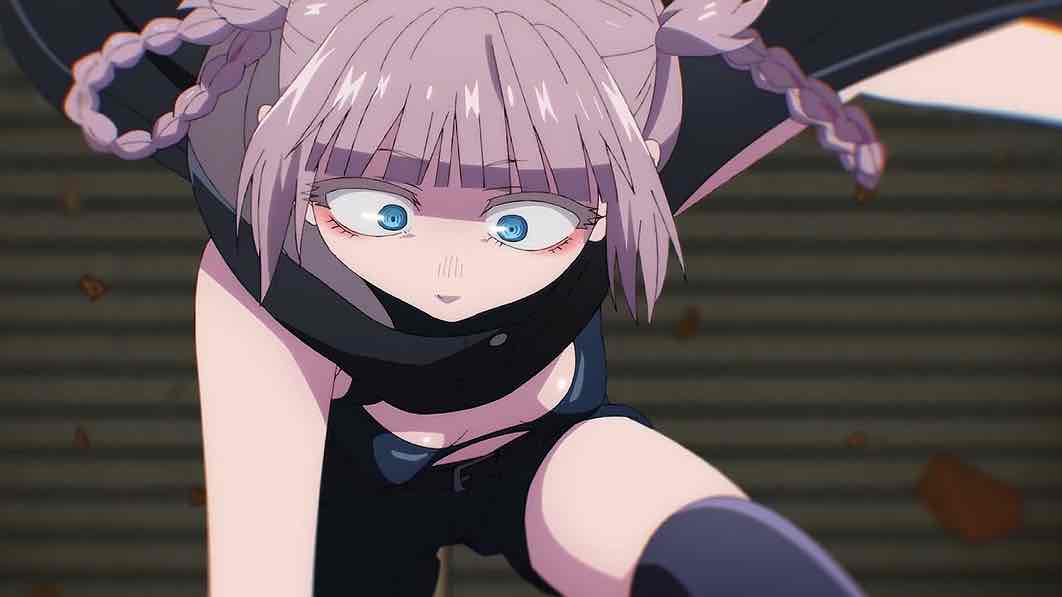
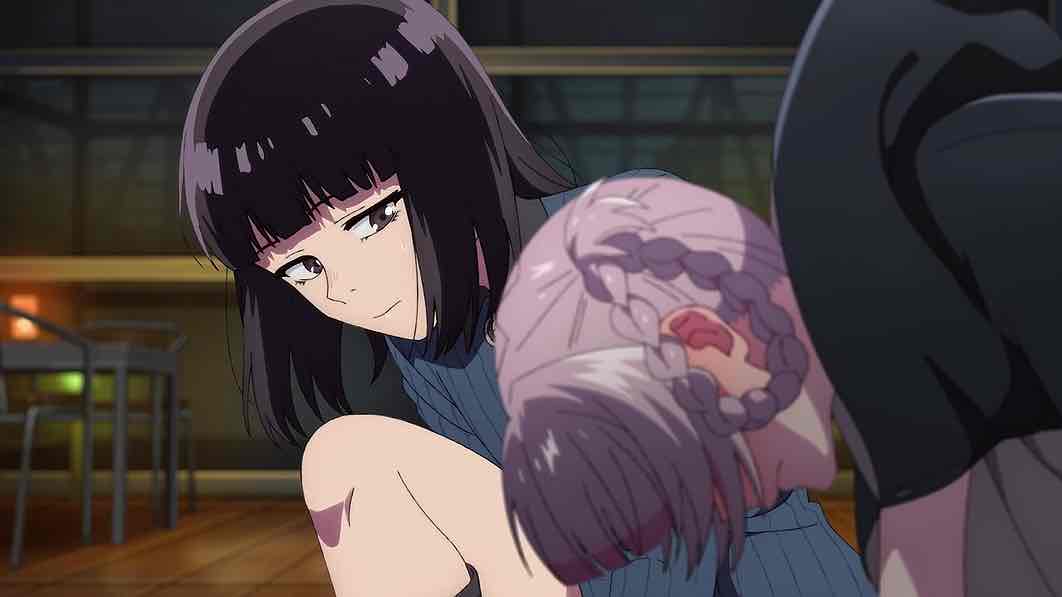

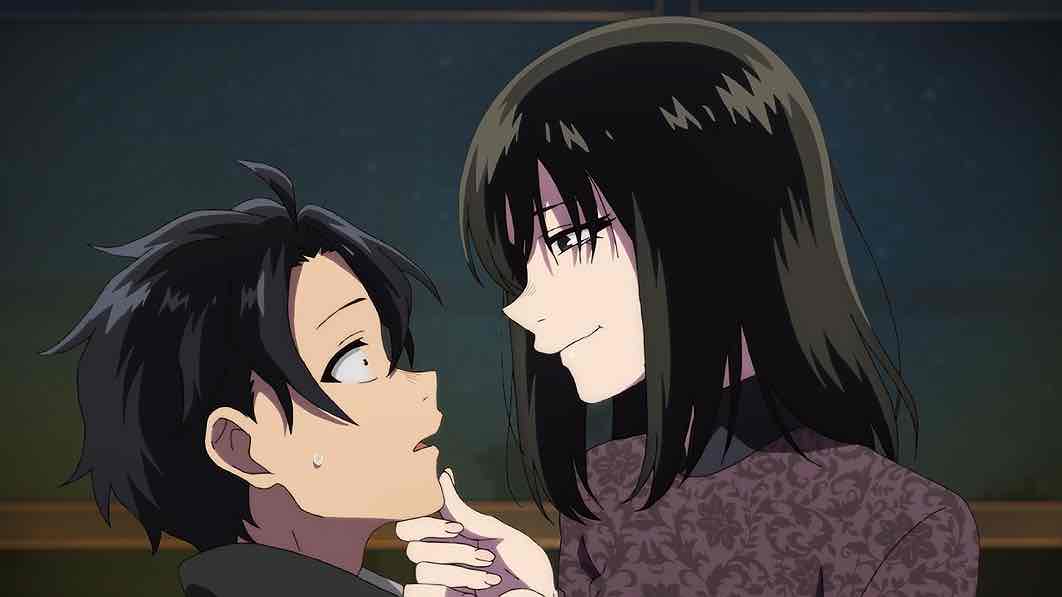
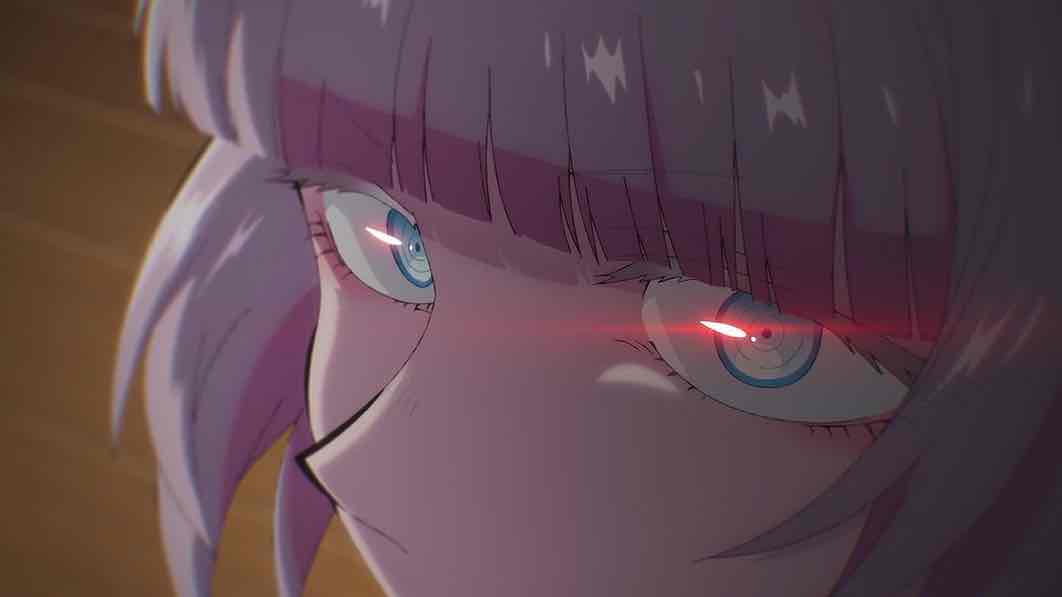
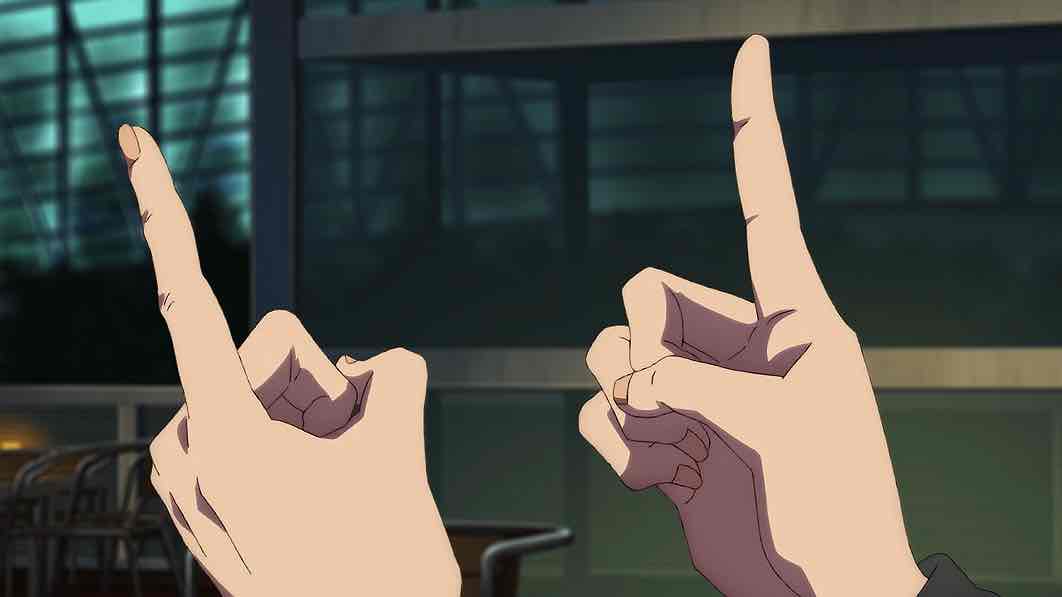
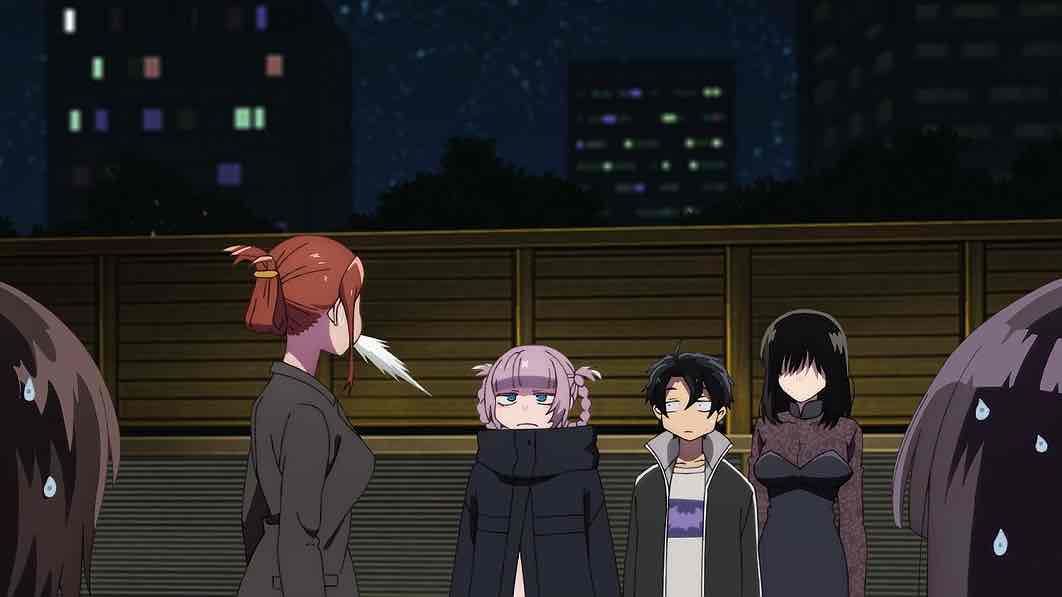
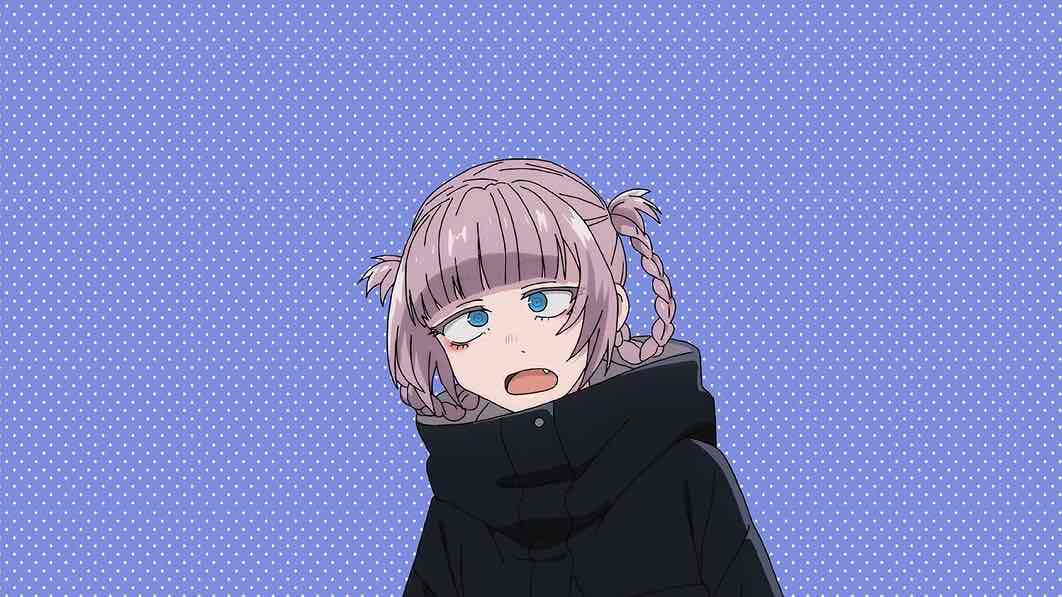
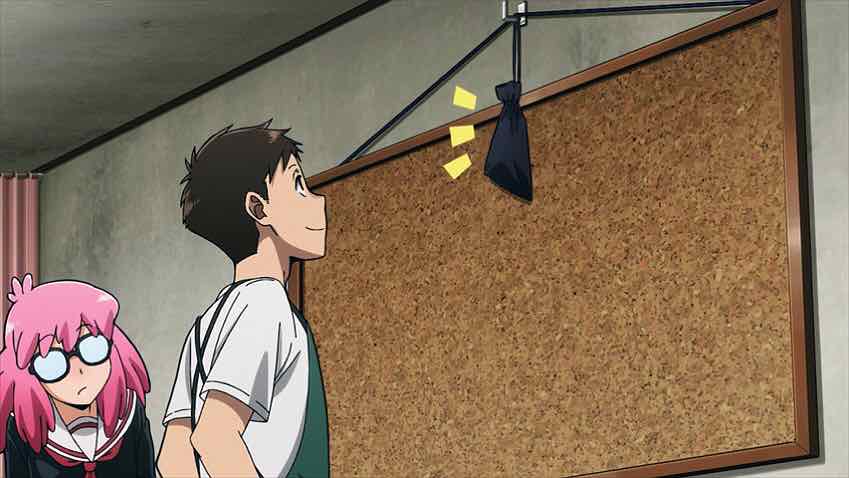
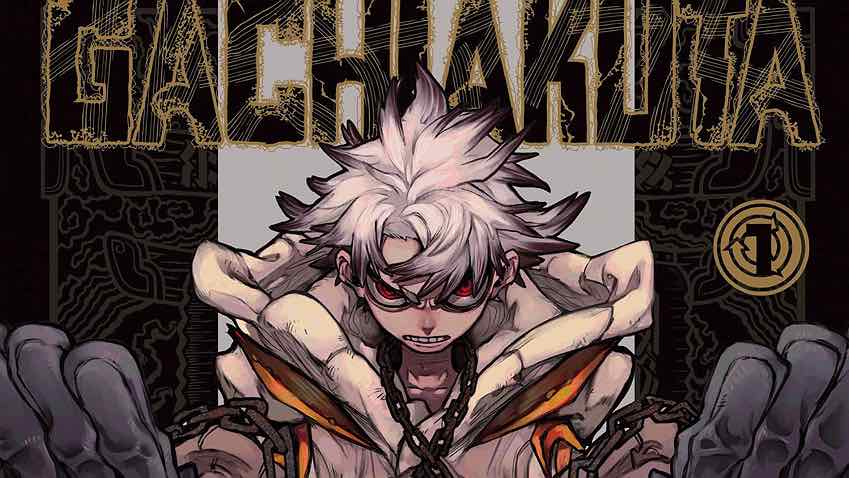
Rob Barrett
August 20, 2022 at 2:46 amHaving read the manga now, all I can say is “fufufu.”
DP
August 28, 2022 at 12:14 pmEnjoyed the analysis. From the discussion, excluding whatever revelation is about to drop, I got the impression that vampirism was not “turn or kill” but rather it was that if you *reveal* you are a vampire to someone you are expected to turn or kill them. Nazuna usually feeds on sleeping victims, so they never realize she is a vampire, so she need not do either. But she has obviously revealed herself to Kou, so is she expected to make a choice, and as the vampires believe she famously has no interest in turning offspring as a matter of mercy they wish to turn him, or failing that, to kill him to keep their secret.